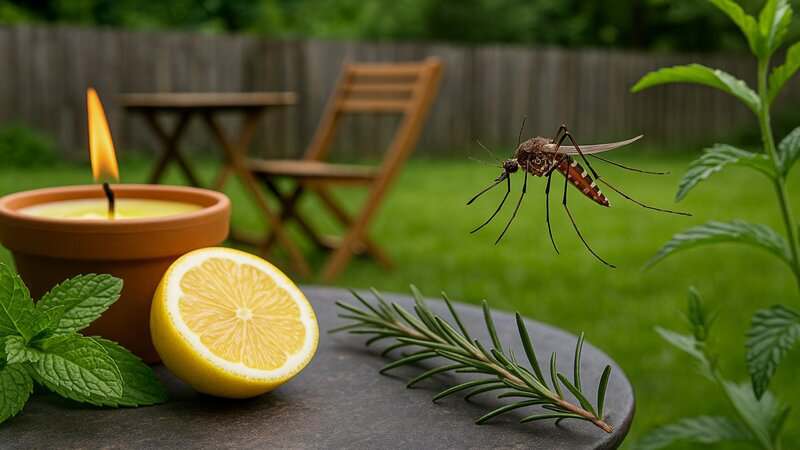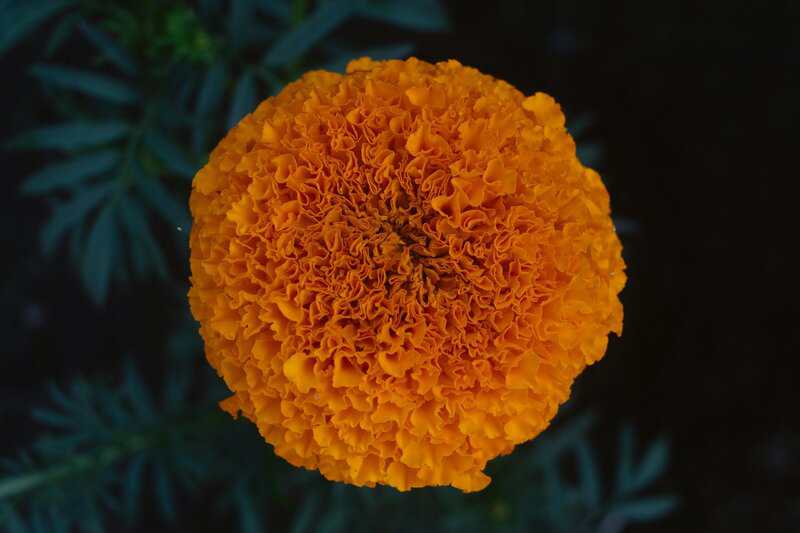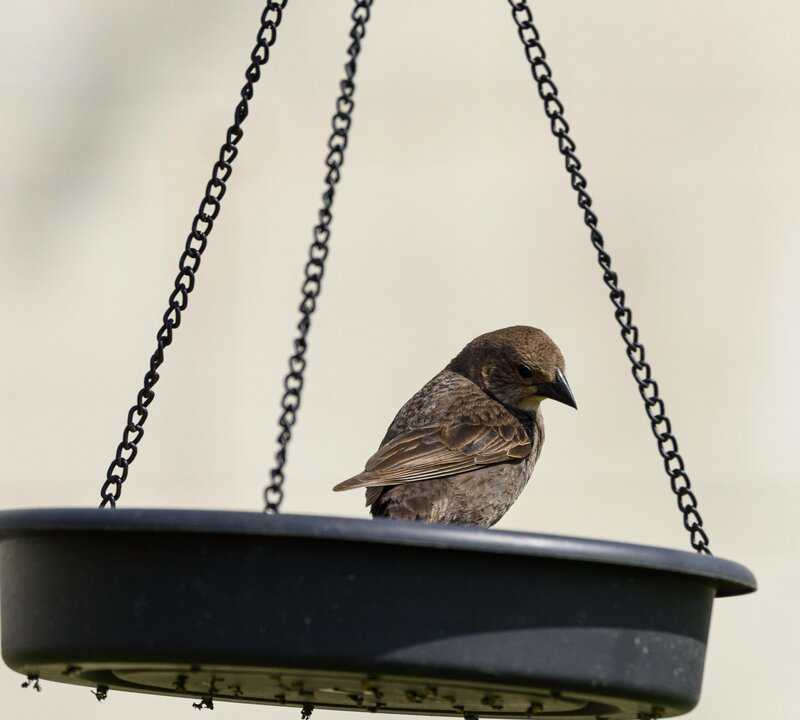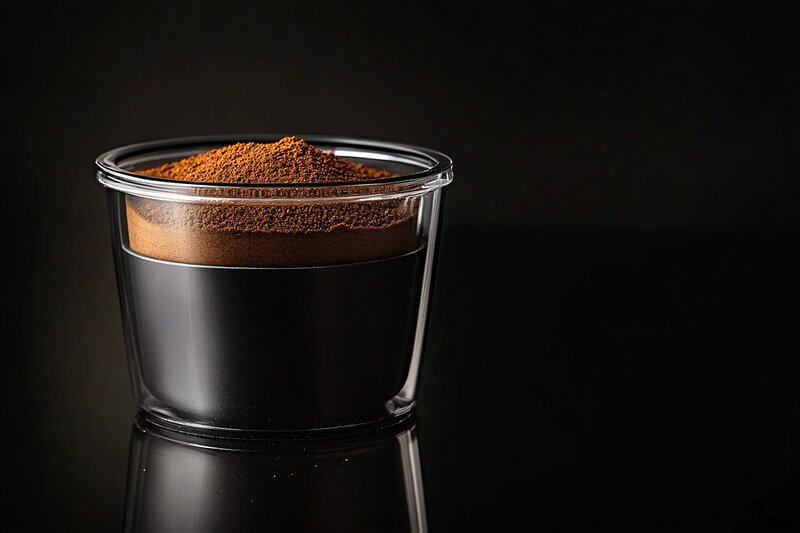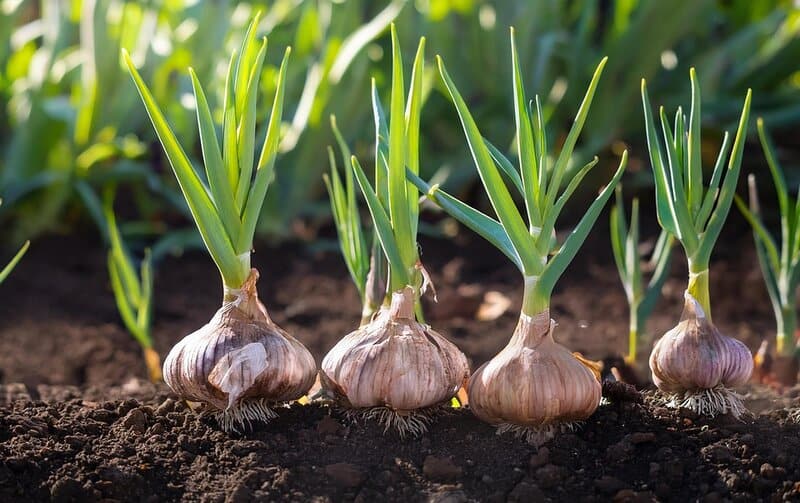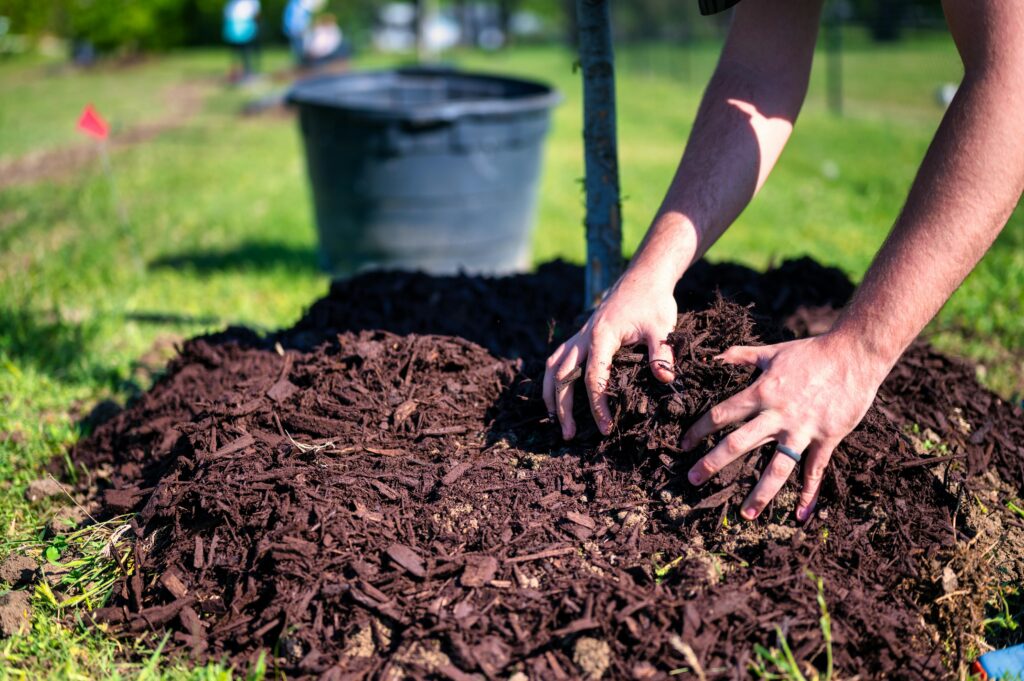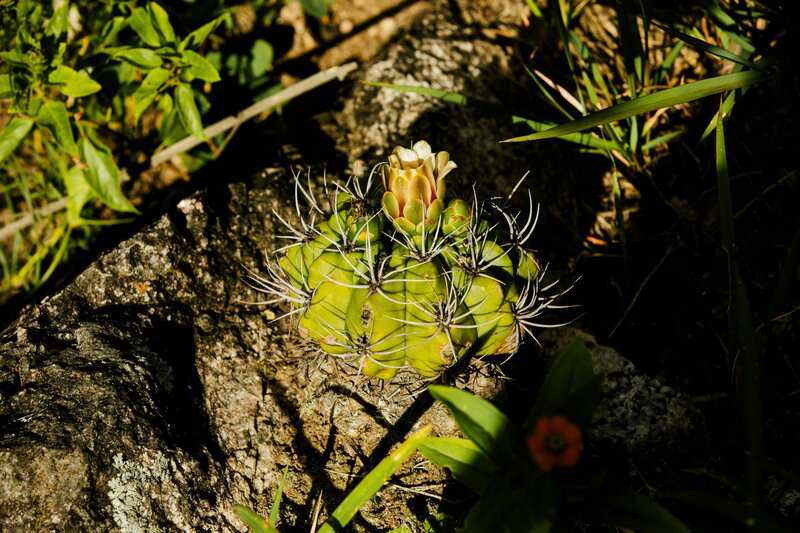Mosquitoes are more than just a summertime nuisance—they can make relaxing in your yard nearly impossible. Their itchy bites and potential to spread diseases like West Nile virus and Zika can quickly ruin any outdoor gathering. As concerns about chemical repellents grow, many homeowners are searching for natural, effective alternatives to keep mosquitoes at bay. Luckily, there are science-backed methods that can dramatically reduce mosquito populations without harsh chemicals. This article will guide you through 15 practical, natural solutions to help you reclaim your outdoor spaces and enjoy your yard all season long.

